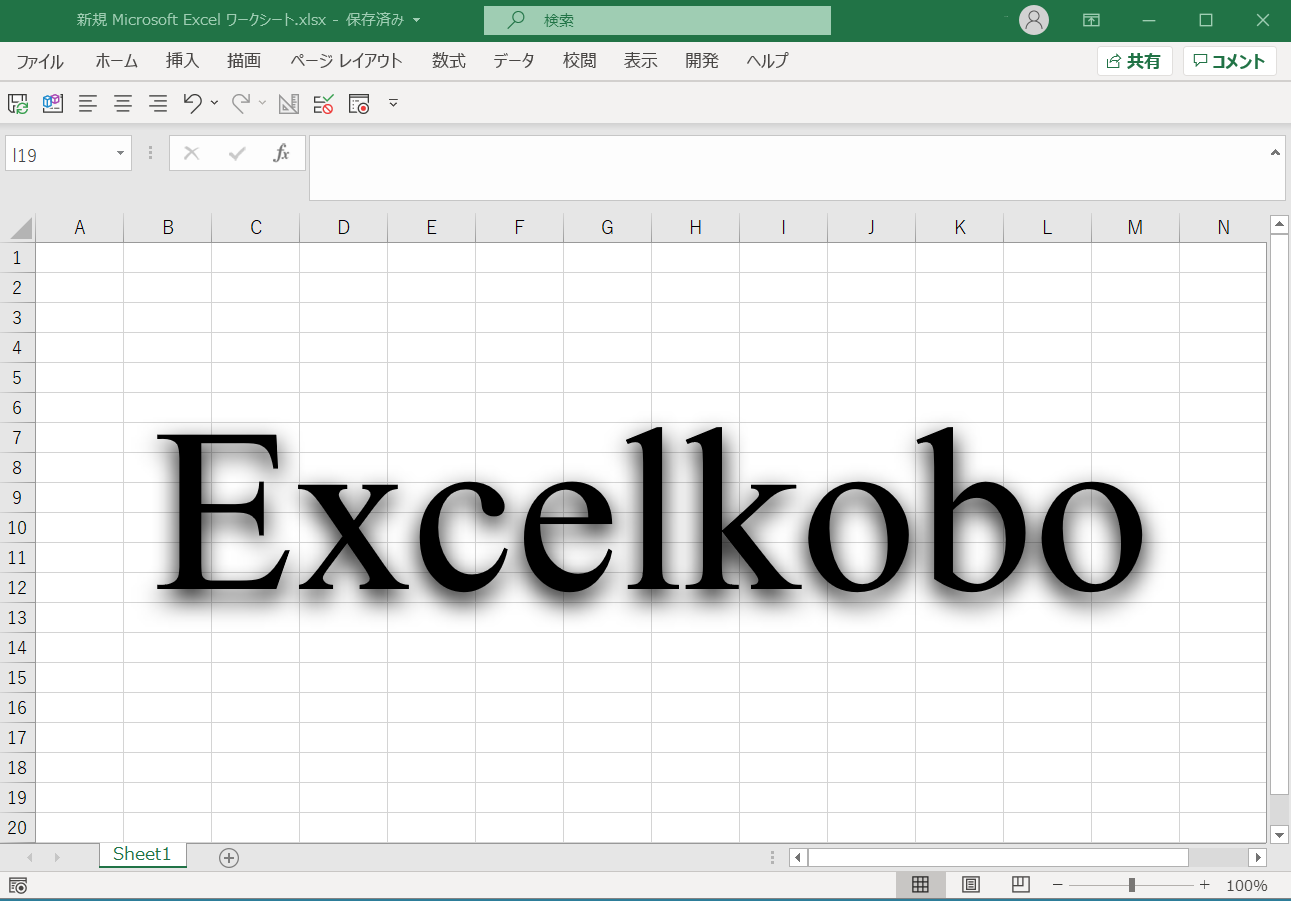② Concentus Musicus Wien (Nikolaus Harnoncourt) 1970
③ Concentus Musicus Wien (Nikolaus Harnoncourt) 2000
④ Academia Jacobus Stainerr (Johannes Stecher) 2021
⑤ Orchestra Of The 18th Century (Frans Brüggen) 1996
⑥ Collegium Vocale Gent (Philippe Herreweghe) 1984
⑦ Bach Collegium Japan (Masaaki Suzuki) 1999
⑧ English Baroque Soloists (John Eliot Gardiner) 1988
⑨ English Baroque Soloists (John Eliot Gardiner) 2017
⑩ Akademie für Alte Musik Berlin (René Jacobs) 2013
⑪ La Petite Bande (Sigiswald Kuijken) 2009
⑫ Ensemble Pygmalion (Raphaël Pichon) 2022
⑬ Amsterdam Baroque Orchestra (Ton Koopman) 1992
⑭ Amsterdam Baroque Orchestra (Ton Koopman) 2006
⑮ Gewandhausorchester Leipzig (Riccardo Chailly, using modern instruments) 1999
⑯ Münchener Bach-Orchester (Karl Richter) 1959
② (Nikolaus Harnoncourt) 1970…moderate (fast) 1970
③ (Nikolaus Harnoncourt) 2000…faster than the 1970 recording
④ (Johannes Stecher) 2021…faster
⑤ (Frans Brüggen) 1996…moderate
⑥ (Philippe Herreweghe) 1998…slightly faster
⑦ (Masaaki Suzuki) 2020…moderate
⑧ (John Eliot Gardiner) 1988…slightly faster
⑨ (John Eliot Gardiner) 2017…slightly faster
⑩ (René Jacobs) 2013…moderate
⑪ (Sigiswald Kuijken) 2009…slightly faster
⑫ (Raphaël Pichon) 2022…slightly faster
⑬ (Ton Koopman) 1992…slightly faster
⑭ (Ton Koopman) 2006…slightly faster
⑮ (Riccardo Chailly) 1999…fast (although not historical style)
⑯ (Karl Richter) 1959…slow
① (Gustav Leonhardt) 1989…Christoph Prégardien
② (Nikolaus Harnoncourt) 1970…Kurt Equiluz
③ (Nikolaus Harnoncourt) 2000…Christoph Prégardien
④ (Johannes Stecher) 2021…David Kerber
⑤ (Frans Brüggen) 1996…Nico van der Meel
⑥ (Philippe Herreweghe) 1998…Ian Bostridge
⑦ (Masaaki Suzuki) 2020…Gerd Türk
⑧ (John Eliot Gardiner) 1988…Anthony Rolfe-Johnson
⑨ (John Eliot Gardiner) 2017…James Gilchrist
⑩ (René Jacobs) 2013…Werner Güra
⑪ (Sigiswald Kuijken) 2009…Christoph Genz
⑫ (Raphaël Pichon) 2022…Julian Prégardien
⑬ (Ton Koopman) 1992…Guy de Mey
⑭ (Ton Koopman) 2006…Jörg Dürmüller
⑮ (Riccardo Chailly) 1999…Johannes Chum
⑯ (Karl Richter) 1959…Ernst Haefliger
① (Gustav Leonhardt) 1989…Max van Egmond
② (Nikolaus Harnoncourt) 1970…Karl Ridderbusch
③ (Nikolaus Harnoncourt) 2000…Matthias Goerne
④ (Johannes Stecher) 2021… Oliver Sailer
⑤ (Frans Brüggen) 1996… Kristinn Sigmundsson
⑥ (Philippe Herreweghe) 1998… Franz-Josef Selig
⑦ (Masaaki Suzuki) 2020… Peter Kooy
⑧ (John Eliot Gardiner) 1988… Andreas Schmidt
⑨ (John Eliot Gardiner) 2017… Stephan Loges
⑩ (René Jacobs) 2013… Johannes Weisser
⑪ (Sigiswald Kuijken) 2009… Jan van der Crabben
⑫ (Raphaël Pichon) 2022… Stéphane Degout
⑬ (Ton Koopman) 1992…Peter Kooy
⑭ (Ton Koopman) 2006…Ekkehard Abele
⑮ (Riccardo Chailly) 1999…Detlef Roth
⑯ (Karl Richter) 1959…Kiesh Engen
A. Performances using boys for both the solo and chorus
B. Performances using boys only in the choir
C. Performances using women for both the solo and chorus (nclude boys in the choral chorale in the first movement)
Well, my conclusion is that I would recommend two: ① (Gustav Leonhardt) from 1989 and ② (Nikolaus Harnoncourt) from 1970. In addition, even though it is an old recording, Harnoncourt’s 1970 recording has a very dramatic stereo effect. It is a masterpiece that shows the high level of Teldec’s recording technology.
P.S.; There was one last thing I had to mention. That is “OVPP” (One Person Per Part in Choir). Joshua Rifkin is said to be an advocate of this idea, and Andrew Parrott is a promoter of it. It started to become popular at the end of the last century, and it seems that there are still a certain number of supporters today. Among the ones compared this time, ⑪ (Sigiswald Kuijken) 2009 is practicing this. If I were to give my opinion here, I would be skeptical of OVPP. There must have been many members in the St. Thomas Church choir even back then. Some skipped practice, some got sick and couldn’t perform, so surplus personnel were always needed to deal with these issues. It would be natural to assume that replacements, including soloists, were always prepared. Therefore, the basis for Rifkin’s and Parrott’s theories is weak. Some people say that there was in almost case, only one handwritten part music copy at the time (I don’t know if that’s true or not). But even if it was true, up to three people could have looked at one sheet of music together. #baroque #bach #passion #片山俊幸
.jpg)
.jpg)
.jpg)
.jpg)
.jpg)
.jpg)
.jpg)
.jpg)
.jpg)
.jpg)
.jpg)
.jpg)
.jpg)
.jpg)
.jpg)
.jpg)

